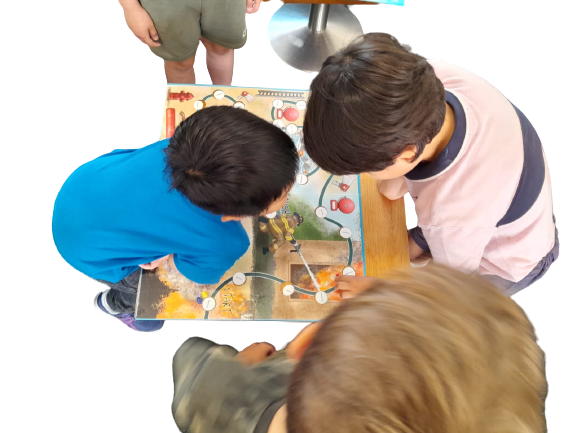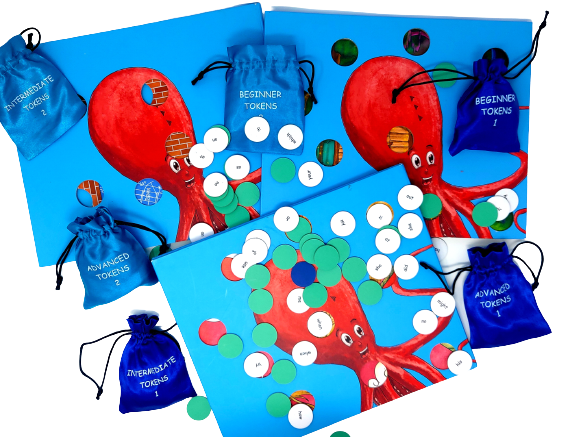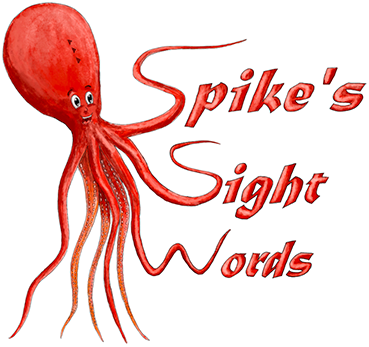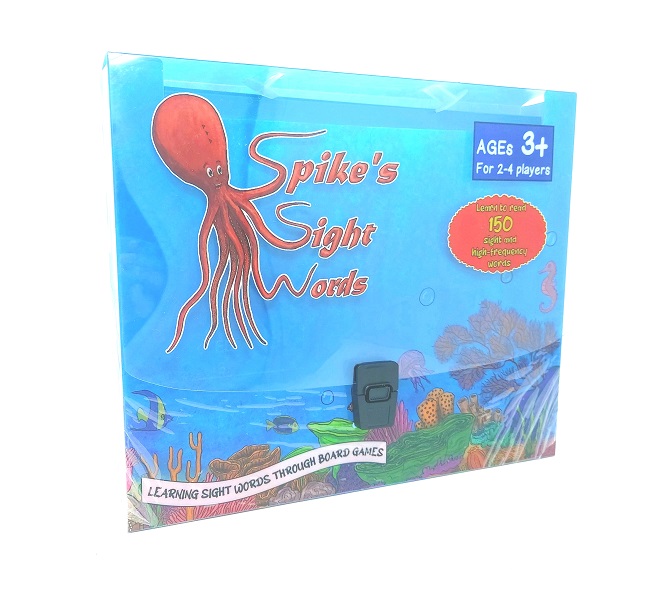
Attention deficit hyperactivity disorder (ADHD) is a psychological disorder commonly observed in children, and often in adolescents and adults.
The neural network of the brain of an ADHD patient functions in a different manner. The frontal brain portion is found to be significantly underdeveloped in several cases of ADHD. Imbalances in the levels of neurotransmitters have also reported. The condition is characterized by difficulty in holding attention, constant movement, and a lack of rational behaviour.
Impact on Learning
Depending on the subtype of ADHD they are suffering from, children with ADHD lack in one or more of the following:
- Concentration
- Communication/Interaction
- Memory
Oftentimes, the symptoms of ADHD are not easily noticeable in a child, and they do not come to forefront until the child starts facing difficulties coping with increasing learning pressures as their education progresses.
Inattentiveness is a classic symptom of ADHD. Children with ADHD face problems in carrying out tasks which demand concentration.. Because of this, they often keep look for excuses to avoid studying.

The difference between a difficulty with reading and ADHD may seem obvious, but it’s not. Many children exhibit signs of both.
- Is my child’s ADHD making it hard to read?
- Or is difficulty with reading making it hard for my child to focus?
The odds favour the latter. Most likely it’s a reading problem.
Learning to decode is challenging. And so difficulty learning to read and ADHD are often found together. Weak reading comprehension and ADD are often found together.
In both cases, the frustration, the humiliation and the sheer energy required can lead to avoidance behaviours and inattentiveness that looks like ADHD.
Identifying the right scenario above is an important distinction to make. A reading problem is easier to help than a deep-seated attention deficit. Most reading difficulties are caused by phonological processing and related cognitive delays. The solution to the ADHD lies in exercising these cognitive skill gaps to make reading easier.
If you can make reading easier, it will be more engaging and so ADHD symptoms should recede.
10 facts about ADHD the affect’s it has on reading
-
Reading Can Be Humiliating
In younger ages, if sounding out words to a teacher or parent, decoding, is somewhere between a struggle and downright embarrassing, children will drift off or act up to try to change the subject. It is human nature to avoid what is overly difficult or humiliating.
-
Reading Can Be Exhausting
If reading is not automatic and a child has to concentrate sounds words out, there is limited mind space available for comprehension. Decoding the text takes a large effort. And the extra effort to extract meaning while decoding is downright exhausting. Having to reread pages becomes the norm, and tuning out is inevitable. And so, ADD and reading comprehension difficulties often go together.
-
Reading Can Be Boring
In older children and adults, weak reading comprehension skills often results in missing the more interesting and nuanced inferences and themes in a text. Without that interesting context, reading can be a chore.
Detailed questions that require deep understanding become problematic. An inability to “read” a passage with ease to the degree required to visualize the story in pictures, i.e., reading comprehension, is the impediment. This is far more likely to be a problem with reading and ADD is a symptom, not a contributing cause.
-
Memorising Is Not Reading
Highly intelligent children with ADHD tend to use ways to look for reading shortcuts, thereby hiding their reading problems. One common reading strategy is to simply start memorizing words — they skip the breaking words down into phonemes and then sounding out phase.
-
Find content that interests them
Help children understand that reading can be fun by choosing a topic or genre that gets them excited. Engage their imagination before they begin reading and ask them to make predictions about the book. Point out, read, and discuss text wherever you find it, even if it is the advertising slogan on the back of a cereal box! You can also play our educational board games!

6. ADHD Can Affect a Person’s Mental Health
ADHD can leave young people feeling overwhelmed and anxious. They may feel like other people don’t understand what they are going through, and that society isn’t made to work for them.
7. ADHD Can Run In Families
While the causes of ADHD are mostly unknown, evidence suggests that ADHD can run in families. Research shows that the brothers, sisters, and parents of someone with ADHD are more like to have the condition themselves. However, although genetic factors likely play some role in the development of ADHD, the relationship is complex and it doesn’t seem to be related to any single genetic structure.
8. Read regularly in short bursts
Requiring kids with ADHD to sit still for extended periods can be asking a lot. Try to incorporate 15 minutes of quiet and focused reading time in their daily schedule, preferably after exercise or at a time in the day when they are most likely to be calm. This reading can be via a book or our very own educational board games!
9.Reading requires focus
A problem for children with ADHD is that reading requires them to focus all of their attention on the task at hand. The child must retain multiple pieces of information long enough to engage with the content. Keeping so much active in working memory at once can be exhausting.
10. ADHD Is A Lifelong Condition
The disorder affects people in multiple areas of their life – home, work, school, relationships, etc. But people don’t have to be captive to their ADHD.There is a lot of help out there – whether it be educators of educational resources.
help your adhd child with reading by browsing our educational board games

